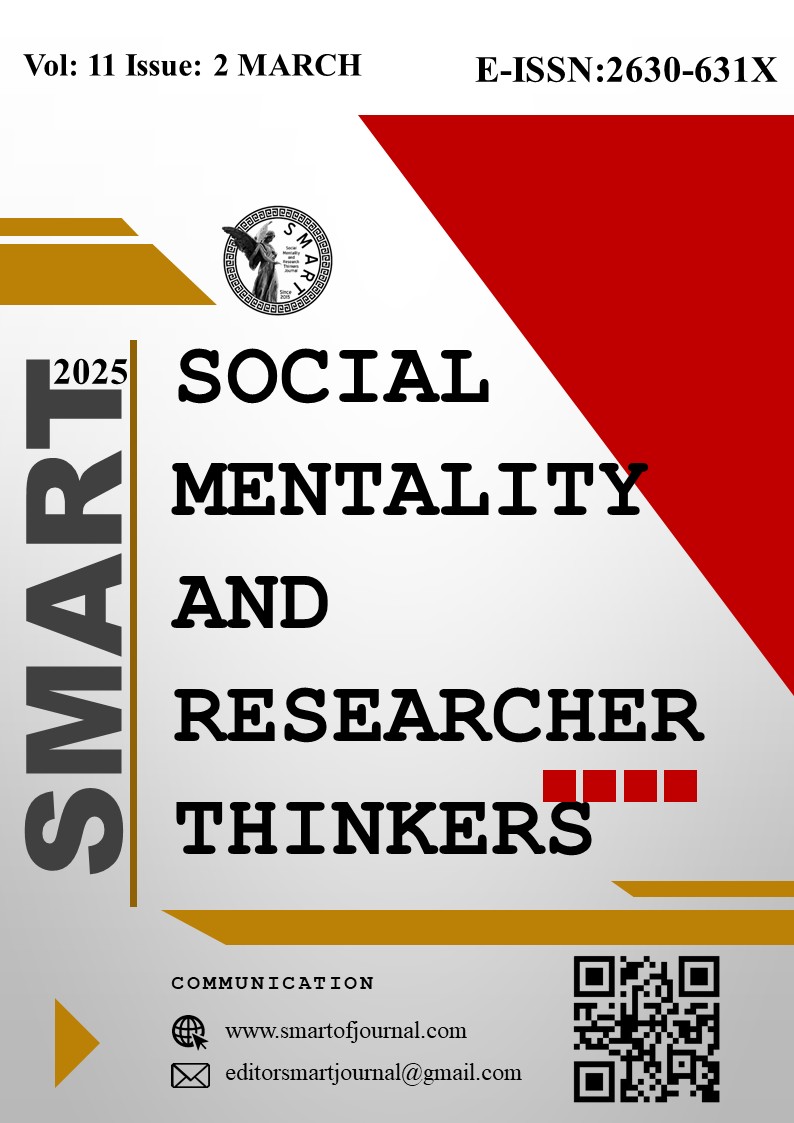Author :
Abstract
Romantik dönem, klasik dönemin kalıplaşmış kurallarından sıyrılarak, tüm sanat alanlarında sanatçıların kendilerini özgürce ifade etmelerini sağladı. Romantik dönemle birlikte sanat, klasik anlayışın katı formundaki erimeler de başlamış, sanatın odağı ve konusu birçok bakımdan “aklın” ve “kuralların” dışına belirgin bir biçimde çıkmıştır. Besteciler, kendi iç dünyalarına yönelerek, duygularını, hayallerini ve deneyimlerini müziklerine yansıttılar. Aşk, doğa, karamsarlık, vatan sevgisi ve yoksulluk gibi konular, bestelerde sıkça işlendi. Doğanın tüm yönleri bestecilerin ilham kaynakları arasında yer aldı. Bu dönemde, müzik diğer sanat dallarıyla da yakın bir etkileşim içindeydi. Edebiyat ve tablolar, bestecilerin hayal gücünü harekete geçirerek, onlara ilham verdi. . Gerçek dünyanın sınırlamalarından kaçan müzisyenler, ideallerindeki dünyayı ve soyut kavramları müzikleriyle anlattılar. Romantik dönem, bestecilerin kendi iç seslerini dinlemelerine ve duygularını özgürce ifade etmelerine olanak sağlayarak, klasik müzikte yeni bir çağ başlattı. Döneminin müziği de opera alanında belirgin bir şekilde kendini göstermiş ve libretto yazarları farklı konu ve karakter tasarımları ile hiç kuşkusuz farklı sanat disiplinlerini de etkilemeyi başarmıştır. Bu çalışmada, romantik dönemin müzikteki etkilerini ve önemli bestecileri incelenecektir. Dönemin ruhunu yansıtan eserlere değinerek, Romantik müziğin evrensel mesajları ve insanlık üzerindeki derin izleri araştırılacaktır. Çalışma kapsamında önce romantik dönem müziği ardından da sahne sanatları alanının bir kolu olan opera sanatına değinilecektir. Son olarak da bulgular değerlendirilip sonuç kısmında sunulacaktır.
Keywords
Abstract
The Romantic period allowed artists to express themselves freely in all fields of art, breaking away from the stereotypical rules of the classical period. With the Romantic period, art began to dissolve from the rigid form of the classical understanding, and the focus and subject matter of art in many respects clearly went beyond “reason” and “rules”. Composers turned to their inner worlds and reflected their feelings, dreams and experiences in their music. Subjects such as love, nature, pessimism, patriotism, and poverty were frequently treated in compositions. All aspects of nature were among the composers' sources of inspiration. During this period, music was in close interaction with other branches of art. Literature and paintings inspired composers by stimulating their imagination. . Escaping the limitations of the real world, musicians expressed their ideal world and abstract concepts through their music. The Romantic period ushered in a new era in classical music, allowing composers to listen to their inner voices and express their emotions freely. The music of the period also manifested itself prominently in the field of opera, and librettists undoubtedly succeeded in influencing different art disciplines with their different subject and character designs. In this study, the effects of the romantic period on music and important composers will be analyzed. By touching on the works that reflect the spirit of the period, the universal messages of Romantic music and its deep traces on humanity will be explored. Within the scope of the study, first the music of the romantic period and then the art of opera, a branch of the performing arts, will be discussed. Finally, the findings will be evaluated and presented in the conclusion.





